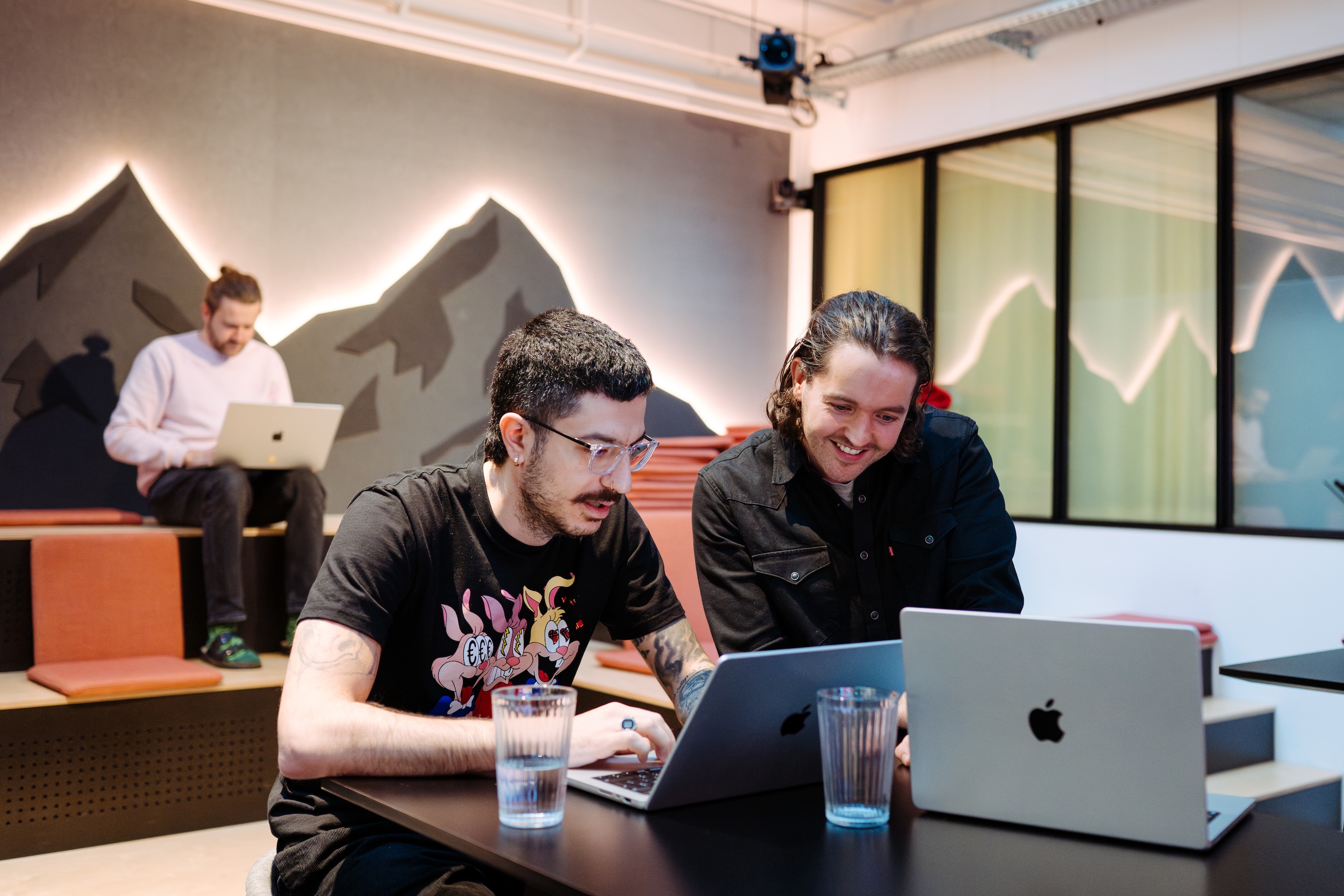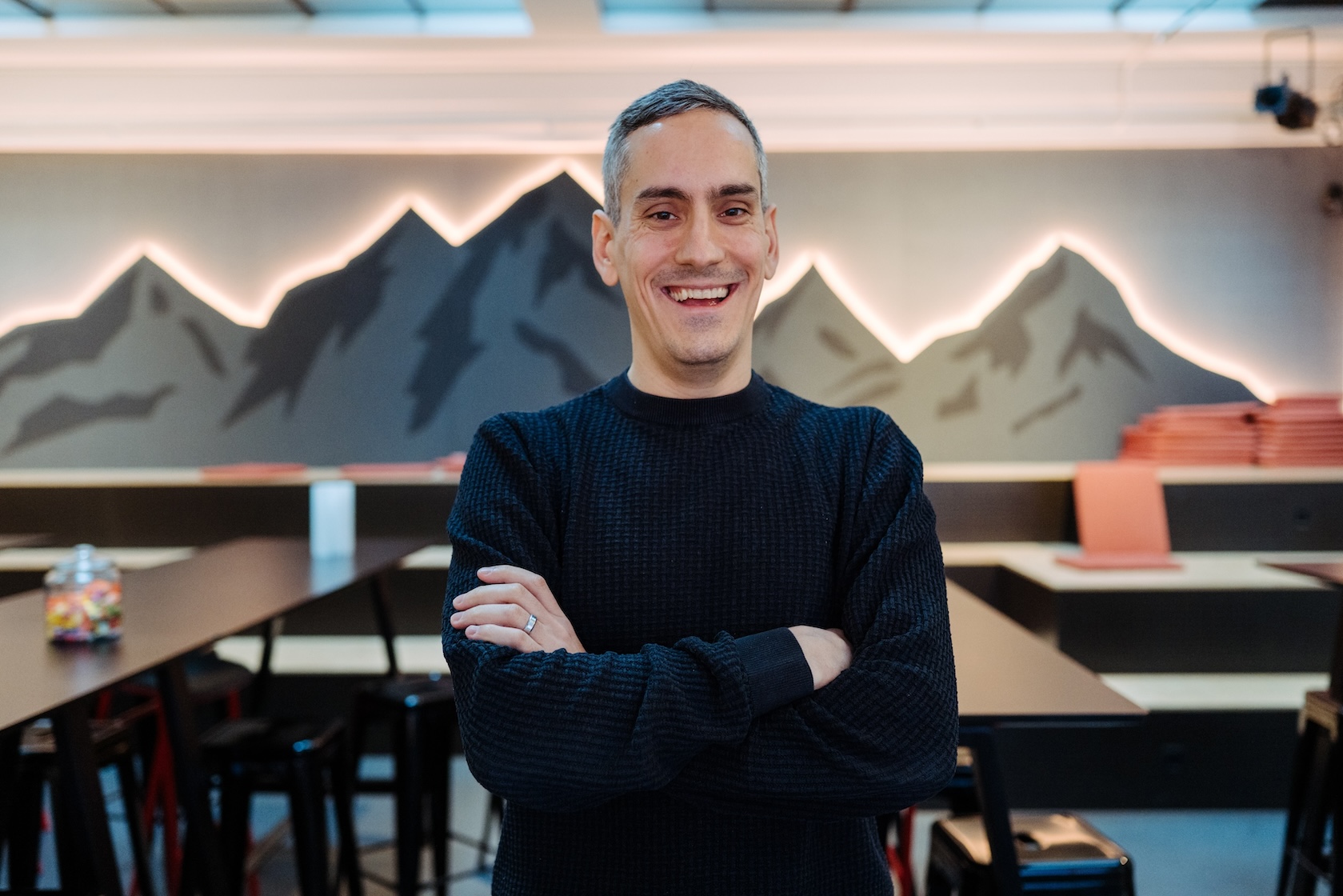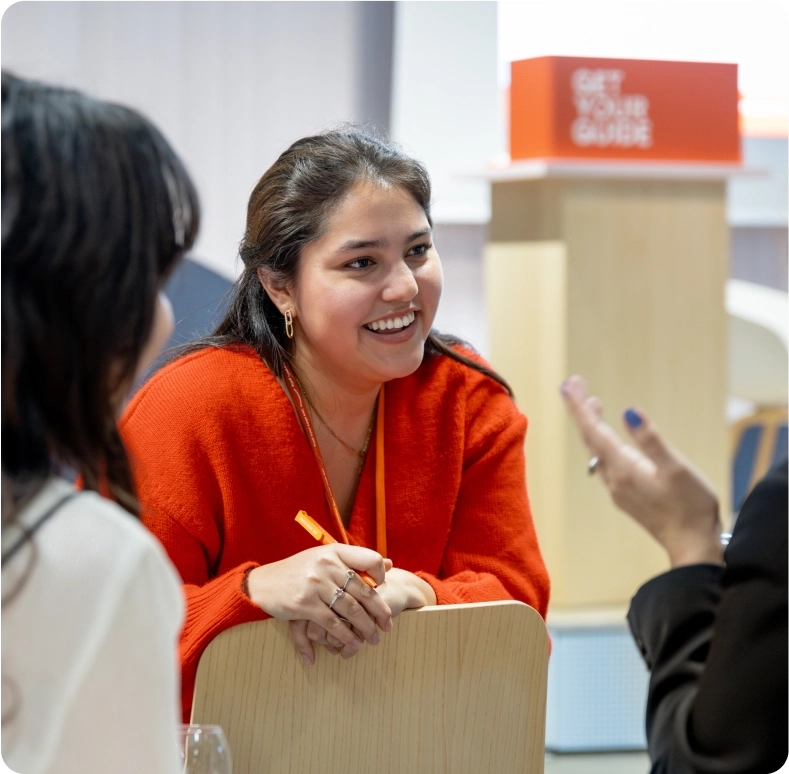What's it Like Moving from Backend engineering to DevOps
Backend has more to do with our application and DevOps is how everything glues together.
.avif)
Key takeaways:
Malachi Soord recently made the move from inventory backend engineer to development enablement engineer. He shares his exploratory journey with us and offers some tips on how other developers can move from backend to DevOps.
{{Divider}}
For those who don't know, what's the difference between a DevOps engineer and a backend engineer?
Backend has more to do with our application and DevOps is how everything glues together. The latter guides the team on how to make our services more robust. Our DevOps team splits into three groups:
- Developer Enablement (DEN)
- Service Reliability Engineers (SRE)
- Data Infrastructure (DI)
DEN is primarily focusing on how we can ensure our engineering teams can be as productive as they can through tooling to build services, CI/CD pipelines, and the ability to test them effectively by providing self service testing clusters.
SRE on the flip side is everything around going to production. This includes service compliance, making sure the foundations are in place to enable services to scale as needed, and that they are able to communicate effectively.
DI develops and maintains our data infrastructure including Kafka, ElasticSearch, and other technologies.
You moved from the Inventory to Infrastructure team. What was Inventory like?
Inventory focuses on building API integrations with external suppliers to ensure customers can book last minute. This enables us to have as close to real time availability as possible.
In Inventory, we work directly with supplier operation teams, helping them deliver on projects and troubleshoot integrations when needed.
Now you work as a development enablement engineer, what's that like?
DEN is a sub-group of the Infrastructure team. We empower developers with tools that make them more productive in things like developing, testing and deploying services.
We build tooling and testing systems to help increase the reliance and mitigate bugs happening in production. In a typical day, we work on adding new features to our services and tools, providing support to our engineering teams to operate effectively.
It's always rewarding when you help one of the engineering teams leverage the platforms we provide. A recent example of this was when we sat down with our Discovery team. Across departments, we have teams that focus on specific missions. Discovery is made up of UX team members, a product manager and designer, and engineers.
Their mission is to launch products and features to help travelers find activities they love. We helped them optimise their build pipeline by cutting the time down by 30 percent — whilst allowing them to run even more tests by grouping their test suites in parallel.
Why the career change?
Well, my previous role as an inventory backend engineer was interesting, but I wanted something different, a new challenge. There was a curiosity in my head I wanted to solve. In my previous team, I worked with the tools that my new team is developing.
You run a command, and it runs — but I wanted to understand how the other side of this puzzle worked. As a backend engineer, infrastructure was like a black box to me, and I wanted to demystify the whole thing.
How did you change your role to developer enablement engineer?
For about a year, I wanted to get more exposure to the infrastructure side, and I talked to my manager about it. He was really supportive and talked to the Infrastructure team about me joining.
Then, it happened quickly. I had a few conversations with the DEN team. I told them about my main concern: That I had no experience in this team but was very interested. We aligned on expectations and the fact that they wanted to grow. The DEN team is based in Zurich, and they just happened to want to grow a team in Berlin. So this made it happen.
What was the learning curve like?
Very steep.
In my previous mission as a senior engineer, having worked there for some years I was familiar with the domain and services we maintain.
With the shift to DEN I am working on new services and technologies which brings its own challenges, but it gets easier each day such a supportive team.
What role did your team play in adjusting to your new position?
The DEN team was really supportive and understood that I was still learning. They provided resources like online external training, conferences, and my peers offered one-on-one coaching. I'm the only one on the team based in Berlin, so they flew me out to Zurich for onboarding and training sessions.
Was there a culture change between working in backend and DevOps?
Well, the Zurich office is primarily the engineering office, and it's where the Infrastructure team is based. I do a lot of work with the rest of the team over Slack and Blue Jeans (video conferencing software). It's a different atmosphere, a lot more focus, fewer distractions, but while I am based in Berlin, they made an extra effort to make me feel included. We did a ton of team activities, and team meals. They have this mentality that you're able to grow and work on challenging things.
What made it possible to have such a smooth transition?
The mentality here. Previously, in other companies, people would work in silos. There wasn't much interaction. Here you get a real sense of team mentality. You can bounce ideas off people who aren't in your team. It's great because you can ask for help from anyone. There are lots of knowledgeable people.
GetYourGuide is in a high growth, funding stage right now, which means you have to develop things in a way that will scale the company to grow.
If you're interested in joining any of our engineering teams, check out our open positions.



.JPG)
.JPG)

